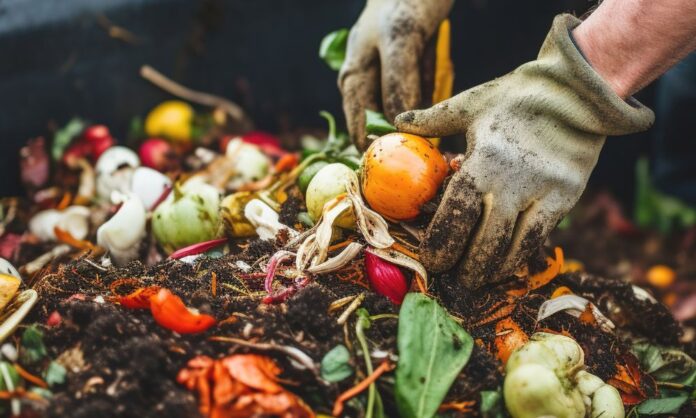Organic waste management has become a global issue, especially with the growing population and the increased demand for food. Organic waste is any waste that is biodegradable. It includes food waste, green waste, yard waste, agricultural waste, and so on. Organic waste management is critical to prevent the devastating effects of climate change, including releasing greenhouse gases, littering, and soil and water pollution.
Landfills are the most common method of disposing of organic waste, but they cause more harm than good. That’s why this blog explores the role of composting in organic waste management, highlighting its significance.
What Is Composting?
Composting is a natural process of decomposing organic waste into nutrient-rich soil amendments. It involves the controlled decomposition of organic materials by microorganisms such as bacteria, fungi, insects, and earthworms. The resulting product is compost, which is an excellent fertilizer for plants and crops.
The Benefits of Composting
Composting has numerous benefits, including reducing greenhouse gas emissions, improving soil health, reducing water usage, and supporting sustainable agriculture. Composting helps to break down organic waste, which would otherwise rot in landfills and emit harmful gases such as methane, a potent greenhouse gas that is 25 times more powerful than carbon dioxide. Composting also reduces the need for chemical fertilizers and pesticides, which can pollute our waterways and harm wildlife.
Composting Applications
People use composting for various applications. Large-scale composting occurs in a centralized facility that allows communities and small businesses needing proper waste management services to process organic waste more efficiently. Small-scale composting, on the other hand, involves processing food and yard waste from a single home.
Composting Methods
Various composting methods exist, including windrow composting, static pile composting, vermicomposting, and in-vessel composting. Windrow composting involves forming compost in long rows, while static pile composting involves composting in piles. Vermicomposting uses worms to transform organic waste into compost. In-vessel composting uses containers or barrels to keep composting materials contained, controlled, and separate from the outdoor elements.
Composting Advancements
Composting is becoming more efficient and effective thanks to modern technology and research leading to innovative composting technologies, including aerobic digestion, anaerobic digestion, and bioreactor systems. Aerobic digestion is a composting process that uses oxygen to break down organic waste. Anaerobic digestion, on the other hand, uses microorganisms to break down organic waste in the absence of oxygen. Bioreactor systems combine aerobic and anaerobic composting, creating optimal conditions for microorganisms to break down organic waste.
Creating a More Sustainable Planet
Composting has several benefits, including producing nutrient-rich fertilizer, supporting sustainable agriculture, and reducing the dependence on chemical fertilizers and pesticides. Composting can significantly reduce greenhouse gas emissions, promoting a greener and healthier environment. The advancement of composting technologies and the diverse applications available have allowed individuals, businesses, and communities to contribute to the role of composting in organic waste management for a sustainable planet.








